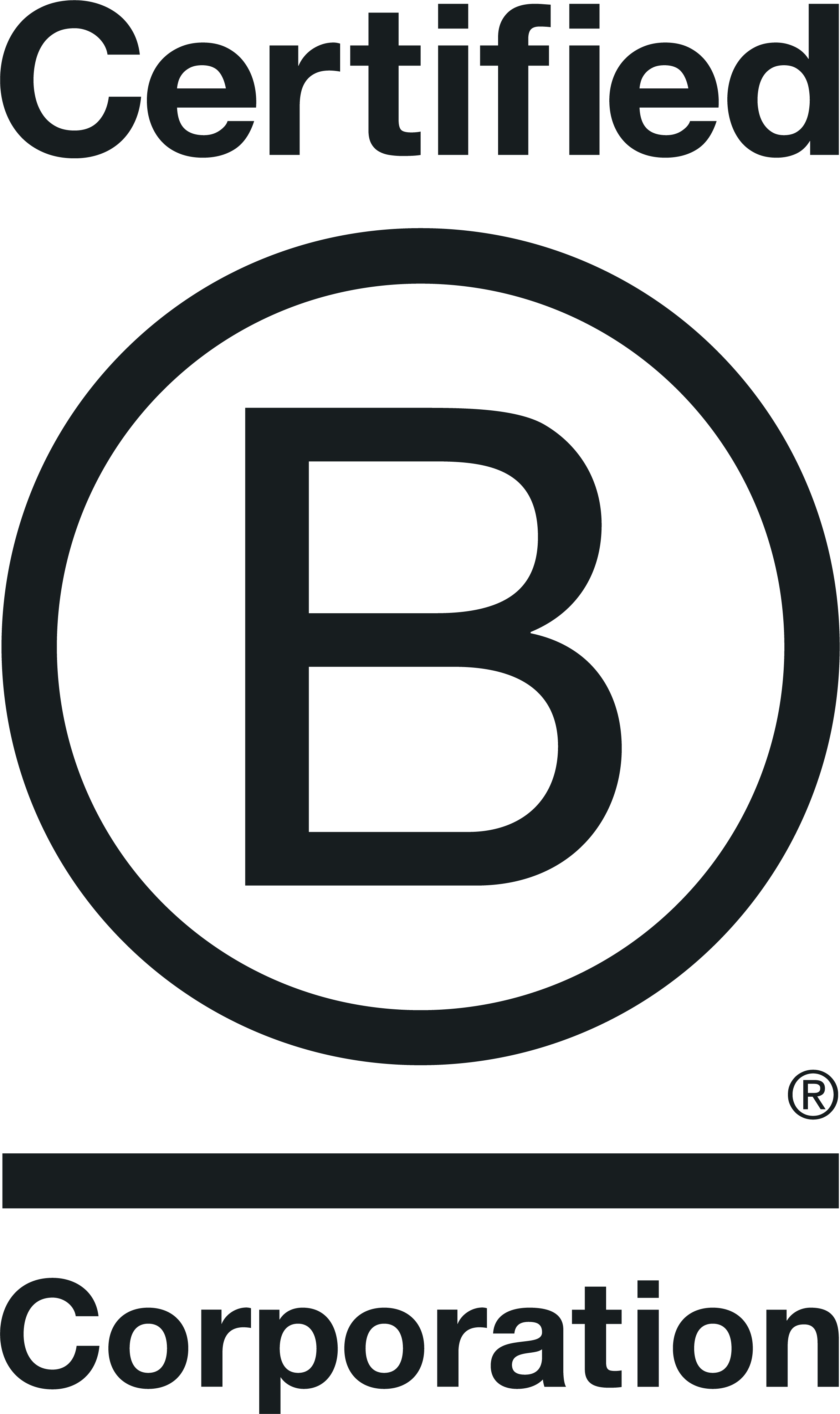NHS England: We Say No
The campaign for the new NHS England Sexual Safety Charter.

The challenge
In 2023/24 an NHS staff survey for England showed that one in eight workers – around 58,000 – had reported experiencing unwanted sexual behaviour, while one in 26 reported experiencing similar harassment from a work colleague.
In response, NHS England launched and committed to the NHS England Sexual Safety Charter. The aim of the charter is to promote a safe and supportive culture across the NHS and an environment in which staff are free to carry out their vital work without fear of sexual harassment. The charter is an agreement with 10 pledges, including commitments to provide staff with clear reporting mechanisms, training, and support in relation to sexual misconduct.
The challenge for NHS England was twofold – first, to help people understand the purpose and benefits of the charter, and how it supports them, and second to encourage behavioural change across the organisation, so that staff were better able to recognise sexual misconduct, be more confident about reporting incidents, and feel empowered to create a safe workplace for themselves and their colleagues.

Our Brief
We were tasked with creating a campaign to raise awareness among NHS staff about the new sexual misconduct charter, its implications, and the changes it would bring. This included developing a compelling visual identity and impactful messaging to stand out, encourage conversation and bring about behavioural change.


Our solution
Initially, we turned to behavioural science to help understand cultural norms within large organisations. We looked at Social Norms Theory, which helps to explain why people may adopt particular behaviours within a group, even when those behaviours are unacceptable. To form our approach, we analysed existing campaigns addressing similar issues, categorising them into three types: victim-led, bystander-focused, and perpetrator-focused. We discounted a victim-led approach due to cultural barriers preventing individuals from speaking up. We found that perpetrator-focused campaigns often trigger psychological defence mechanisms and lead to blame-shifting, reducing their effectiveness in driving reflection or accountability. Bystander-focused campaigns, while promising, are typically geared towards encouraging individuals to come forward, so are unlikely to be effective for the same reasons as victim-led campaigns.
Instead, we decided the most effective solution would be campaign suggesting that a ‘movement’ is forming. It would address the entire NHS community, building solidarity and ensuring individuals wouldn’t feel isolated when speaking out. We hypothesised that if the message had a tone of coming from ‘on high’ – authoritarian and accusatory in tone – then people would be less likely to engage. Our approach then, was to develop a campaign that would feel owned by all NHS staff, not just senior leadership, with a look and feel that supports this positioning – dialing down the NHS brand a little and instead using a grassroots, protest placard-inspired aesthetic.
We developed messaging that was simple and direct, paired with bold, impactful designs that aligned with the campaign’s strategy. These were tested with and modified in collaboration with lived experience groups from within the NHS, ensuring authenticity and reducing the risk of triggering those living with the trauma of past experiences.
The approach ensures high visibility and engagement, making the movement unmissable in a busy NHS workplace. By presenting this as a positive step forward, we aimed to build a sense of shared responsibility and initiate lasting behaviour change within the organisation.


Early results
The campaign has been well-received by regional NHS organisations and the NHS England team coordinating it have been inundated with requests for materials to help implement it around the country. Interest spiked, as we hoped it would, during Sexual Violence Awareness Week, leading to a significant increase in sign-ups to the dedicated platform from which NHS colleagues can access and share campaign assets. We’re now waiting hopefully for the results of the next staff survey showing a marked impact on incidents of sexual misconduct.



